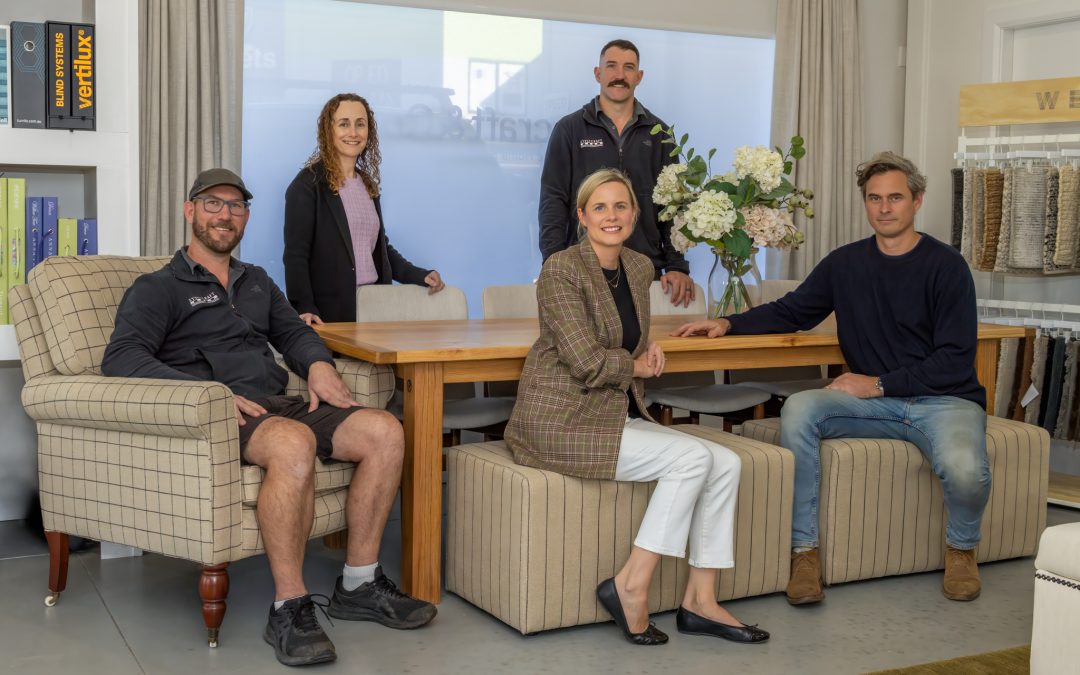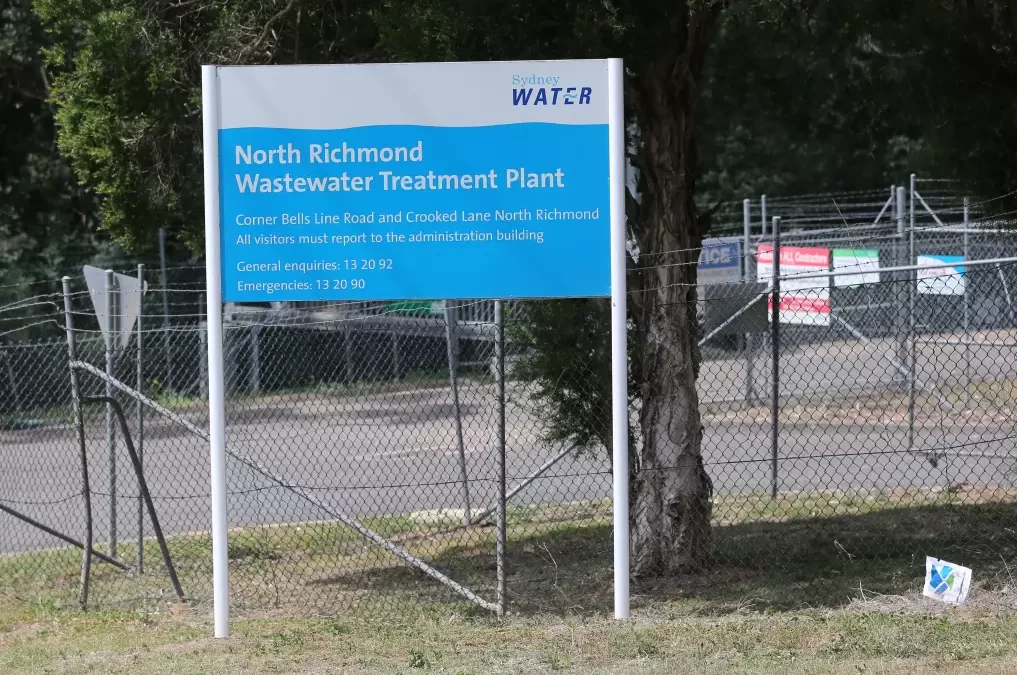Stylecraft & Co., approaching...


Stylecraft & Co., approaching...

An unprecedented surge in development west of...

Hawkesbury City Council has stated it is not responsible...

A new book from journalist Jackie Dent about how deceased human bodies help medical research and police solve crimes, features the Hawkesbury’s Australian Facility for Taphonomic Experimental Research (AFTER) in a behind-the-scenes look at the secretive forensic research centre.
Although its location is necessarily shrouded in some secrecy, the facility, known to many locals as the body farm, plays a vital role, helping forensic scientists carry out research which helps them understand the physical, chemical and biological processes that cause human cadavers to decompose.
Ms Dent took four years to write the book, partly because the pandemic upended the schedule, but, “it was also a bit tricky at times as I’m quite squeamish,” she told the Post.
So why did she write the book?
“My grandparents Ruby and Julie donated their bodies to the University of Queensland. Ruby went in 1969 and Julie – yes, that was his name – in 1981. The book is about me finding out what happened to their bodies all those years ago but in researching it, I fell into a football field of rabbit holes along the way.
“It is also about all the people who work with whole body donors – anatomists, medical types, scientists, artists, embalmers, and the like. I go back to ancient times to the present, and talk to characters who engage with body donors all over the world.”
The idea for the book began to form back in 2018.
“I was having Christmas drinks with the family who live next door to my parents place in Sydney. The daughter told me about her new job at a surgical facility and remarked that students were no longer dissecting whole bodies but working on body parts, and that many of them were shipped in from the US. I was quite stunned when I heard this. Had Australians stopped donating their whole bodies?

Jackie Dent, author of The Great Dead Body Teachers.
“It got me thinking about what my grandparents had done and I decided to look into it a bit more.
“A fascinating and slightly gory world quickly opened up and I found myself surrounded by a lot of rich material and people to write about. By the way, Australians are still donating, and body parts are shipped in sometimes for surgical workshops as it is logistically easier.”
AFTER is an important Hawkesbury-based research facility which Ms Dent was given permission to visit.
“It’s a pretty fascinating place,” she says.
“All sorts of other people head out to the site—biologists, pathologists, chemists, anthropologists, odontologists and police. They are all studying the dead in novel ways and do rare training exercises. There are now around a hundred donors at AFTER and in death, they are contributing to an array of scientific projects.”
The science at AFTER is multi-disciplinary – they are studying time of death, decomposition, chemical compounds in the odours coming off the donors, DNA, and a lot more.
Dr Jodie Ward, who runs the site, is also program lead for the Australian Federal Police’s National DNA Program for Unidentified and Missing Persons.
Donors on the 12-acre site have been slowly skeletonising—either above or below ground—and are being used for DNA research in PhD projects, which will compare the accuracy of different identification techniques.
For example, Maiken Ueland, a researcher mentioned in the book, is studying the odours coming off the donors. She uses NOS.E, a portable electronic nose, to see if it can detect the smells. It had been programmed to pick up specific compounds and Ms Ueland is hoping NOS.E can be used to locate victims in mass disasters.
“I was intrigued by the time of death research,” says Ms Dent, “and how hard it can be tell when someone has died. The presence of insects is quite a useful indicator but otherwise it is not yet an exact science. The facility, however, has reshaped thinking on decomposition.
“If you are left to the elements in this part of Western Sydney, you are more likely to mummify than if you were in the US.
Ms Dent says some attribute that to the fictitious FBI agent Dana Scully—played by Gillian Anderson – a cult figure in the late 1990s’ TV show The X-Files.
“Others say it is related to the crime show CSI or Patricia Cornwell’s novels. Or perhaps women can handle it better.”
And despite her squeamishness, Ms Dent says, “I was surprised at how quickly I settled into the site. At first, I found it very confronting seeing the donors in various states of decomposition. But after visiting twice, meeting the researchers and getting a sense of their work, I would totally donate my body to help them out. It’s quite beautiful out there too – the bush setting looks like a Frederick McCubbin painting.”
If you’re interested in finding out more, Ms Dent’s very readable book, The Great Dead Body Teachers, is on sale now.
Ms Dent has been a journalist at the ABC, Sydney Morning Herald and The Bulletin, and her writing has appeared in The New York Times, Monocle, and the Guardian.
She has also done a few stints for the United Nations in Afghanistan, South Sudan, Pakistan and South Sudan, as well as curating public talks, being involved in art projects, and a speechwriter.